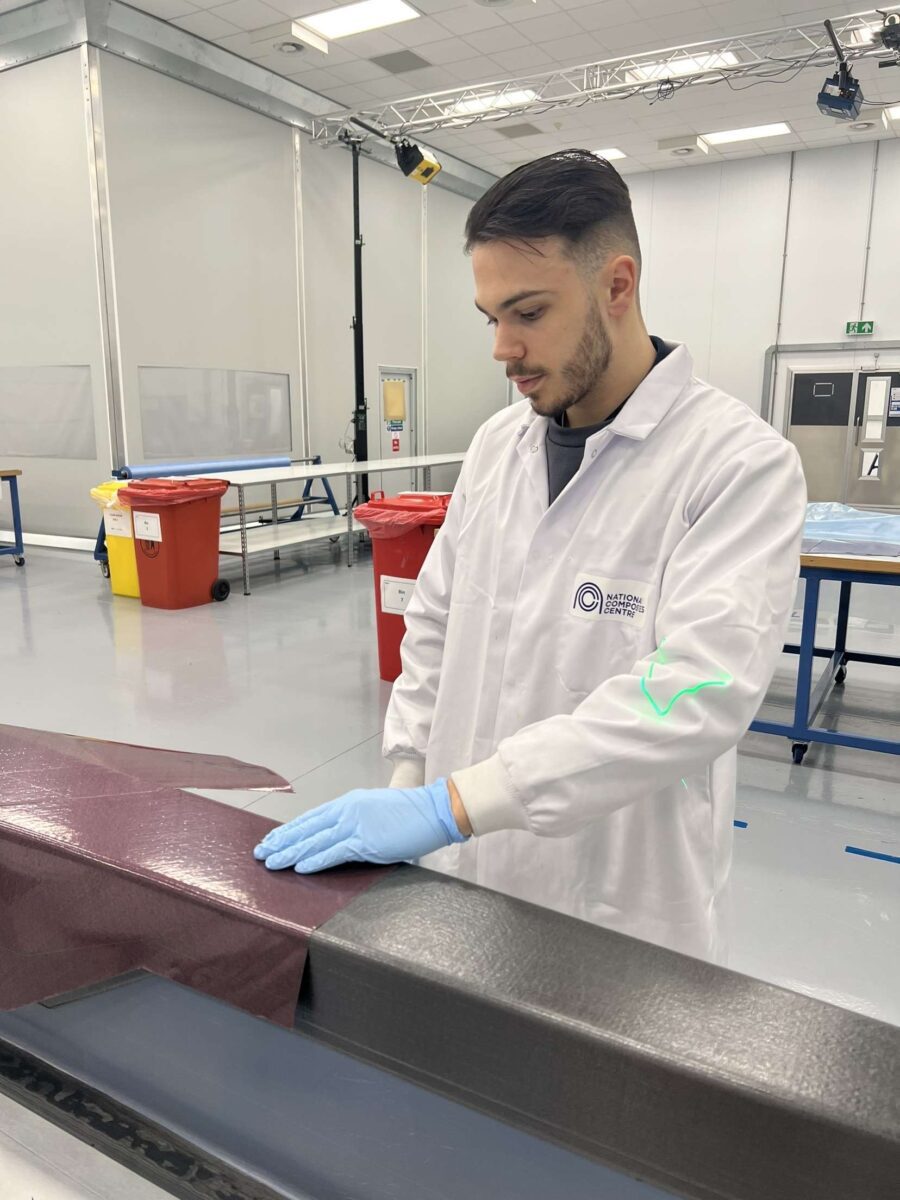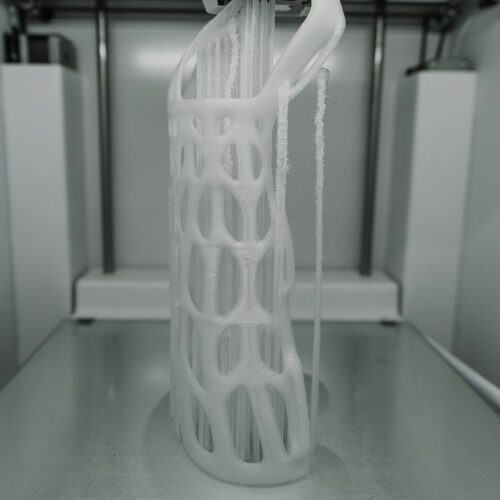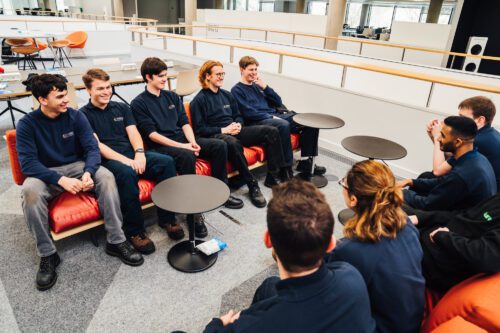The thing I love most about my job is how varied it is. Every day is different, which keeps things interesting. One day I might be in the materials lab running tests, the next I could be in the clean room working on a new part. I also love that we're working with cutting-edge technology. Composites are a pretty new field, so we're often testing materials that have never been used before. It's exciting to be developing new technologies that could be used in all sorts of industries.
The work is challenging too, there's always something new to learn, whether it's a new testing technique or understanding how different materials behave. I'm constantly having to adapt and problem solve which keeps it challenging.




